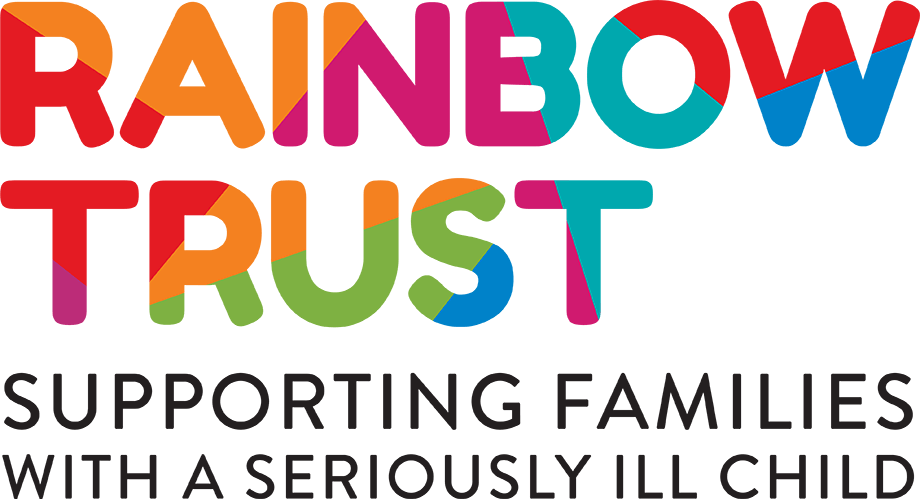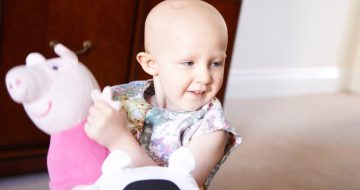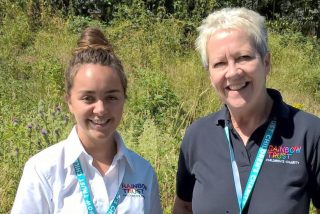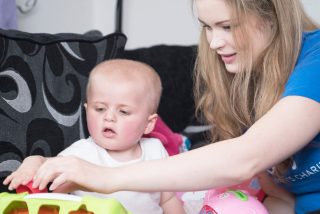Date published: 14 September 2018 by Anna Jackson
Every September is Childhood Cancer Awareness Month, a month dedicated to shining a light on the impact cancer has on young people and their families.
We know from reports that childhood cancer is on the rise. According to Cancer Research UK, childhood cancer has risen by 13% since the early nineties, with over 4,000 children and young people being diagnosed with cancer each year in the UK. That’s 11 new diagnoses every day.
35% of children that began receiving support from Rainbow Trust last year were diagnosed with cancer, making it the most prevalent illness affecting the families that we support. Amongst these children, there are 44 different types of cancer. The most common of these are acute lymphoblastic leukaemia, brain tumours and neuroblastoma, with 144, 89 and 34 diagnosed children, respectively.
Despite the rise in cancer cases, we’re pleased to see that treatment options are going up and survival rates have improved significantly. We welcome NHS England’s recent announcement of a new personalised therapy for children with a form of leukaemia which involves treatment tailored to the individual child, reprogramming the patient’s own immune system cells which are then used to target their cancer, and that cancer is one of the four clinical priorities in NHS England’s forthcoming ‘Long Term Plan’ for health services in England.
Aside of the treatment options available, the emotional, practical and financial pressure which results from life threatening illness puts enormous strain on the entire family and cannot be overlooked.
As part of the Children and Young People Cancer Coalition, we are working with other major charities to improve outcomes for children and young people with cancer, and their families.
As well as the emotional impact, the diagnosis and need for prompt treatment can have a huge practical impact on the whole family. Many families could be faced with weeks of travelling five days a week to a cancer center that could be some distance away. Treatment for childhood cancer can last anything from a few months to over three years, meaning families face making the journey countless times.
New research from CLIC Sargent highlights the impact of travel costs to these families. Their research found that young cancer patients are having to travel twice as far, and spend twice as much, on getting to and from hospital than adults with cancer, with the average journey being a 60-mile trip to hospital and back.
Our Family Support Workers help families cope and manage by helping with transport to and from hospital appointments, completing practical tasks which allow parents to spend precious time with their children, and lending emotional support to the whole family. Simply being there, being independent from the family, and listening to mum’s, dad’s, siblings and the ill child, makes the world of difference to these families who are going through their hardest times.



